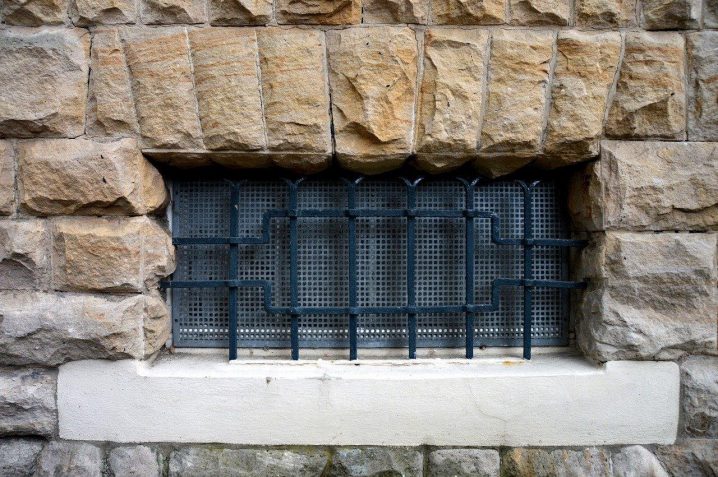Basements may pack more room than you required for your laundry, HVAC systems, or water tanks. If you’re thinking of starting a basement renovation project but don’t have a creative idea for the space in mind, here are some options to consider:
- Wine cellar
- Music room (for musicians)
- Office
- Home theater
- Kitchen
- Library
- Playroom or game room
- Mancave
- Bathroom
- Additional bedroom

Is it necessary to get a building permit for basement renovation?
There are several reasons many people skip out on acquiring permits for basement remodeling. Applying for a permit may be intimidating. It takes time to go to the city hall or apply online.
Paying approval fees of a few hundred dollars might be a pain point for some. City inspectors also impose additional requirements. You also have to consult with building professionals to come up with acceptable site plans.
Since the basement is below the ground floor, some homeowners may consider it as unlivable space that doesn’t have to adhere to strict requirements & codes.
Others avoid permits thinking that since the work is not visible from the street level, they can get away with it. Lastly, the motivation not to obtain a permit may be fueled by a mission to avoid the potential increase in property taxes.
Reasons not to skip out on a basement renovation permit
You might be discovered & reported
Sure, the remodeling work can be hidden from neighbors. But is it completely concealed? There are dead giveaways of some construction work going on: deliveries of construction materials, noise from power tools, or a dumpster.
Problems when selling the house
It may come as a nasty surprise for a potential buyer to discover that remodels were undertaken without permits. Home appraisers may not even include the added square footage causing the home to sell for way less.
Order to vacate & Stop work orders
The building department, on realizing the unsanctioned work may have the owner tear apart the work. You might also receive an order to stop.
Unprofessional work & construction errors
There is little to no oversight if you’re working alone on the basement remodeling. For instance, some homeowners end up adding spare bedrooms that lack heating and cooling systems. Some end up weakening their home’s structure by damaging load-bearing walls.
Defects may not be covered by insurance
During the remodeling, you may have interfered with electrical systems, which later causes a fire to break out. Winning an insurance claim in such a case will be futile.
Getting a permit for basement renovation
You’re better off getting a permit for your basement renovation project as dealing with the consequences is way worse. What’s more the cost of obtaining a permit only sets you back a few hundred dollars. Permits also ensure that buildings are built to code. You’ll also get an assurance that your structure is safe.
Types of basement renovation permit
The type of permit you obtain will differ based on your local rules & regulations. Also, it’s important to find out if your basement is really a basement. In most states, it has to be a floor that has at least half of its height beneath the curb.
The intended use of the space might also affect the basement remodel permit required. Some homeowners may want to rent out the basement as extra rooms.
For instance, if you’re in Seattle, small projects require subject-to-field inspection permits. One of the requirements is that the work has to be simplistic. These permits are even approved on the same day you apply.
If you’re intending to convert the basement to a livable space – a more complex project—you require an additional or alteration permit.
Hire professionals

Renovating your basement might seem like a simple one-man DIY project, but it is in fact complex, time-consuming, and involving. It’s better to hire someone experienced and suited for construction work. Read more about specialty contractors.
Procedure for obtaining your basement permit
Carry out your research
Your initial research should uncover details such as the zoning area, recent permits on the property, land use code, construction limits, stormwater requirements, etc.
Begin the permit application
Nowadays, you can begin applying online. Therefore, visit your local government website to find out the requirements.
In most states, you’ll have to submit a site plan. It’s a drawing of the property, showing what’s already there and things you plan to add. Think about involving an architect or any other building expert at this stage.
You might also require to collaborate with other agencies, for instance, business licensing. An initial site visit may be required before you submit site plans.
Paying the initial fees
In Seattle, for instance, you pay 75% of the permit fees, and the rest when you pick up the permit.
Receiving the permit
The permit is a document that you’ll have to display on the project site. You might end up needing multiple permits.
Inspection
Construction projects require additional inspections to ensure you’re complying with building codes.
Finish the project
After you complete your basement renovation, the permit is closed.
How long does it take to get approved?
It depends on the scale and scope of the project. If it’s a simple renovation, it might take 2 to 3 weeks to get approved or up to 8 weeks for more complex undertakings.
Other things to consider as you undertake the basement renovation
A large percentage of basements are damp. You must figure out a way to dry them out or you’ll be dealing with mold and mildew. Consider ways to reduce noise emanating from the upper floors. But it is not necessary to install a drop ceiling. Keep an eye out for the headroom as you don’t want the space to feel small & confined.



